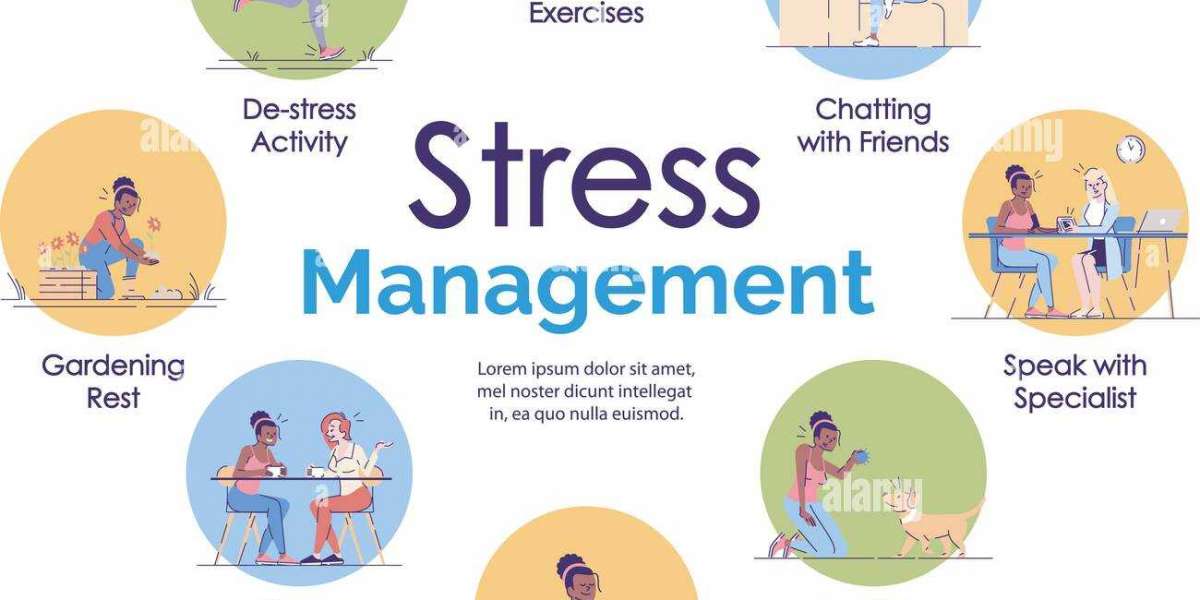Stress is a normal part of life and is experienced by everyone at some point. It is the body's natural response to any demand or challenge, whether physical or emotional. However, chronic stress can have adverse effects on our physical and mental health. Therefore, it is essential to learn stress management techniques to help us cope with stress effectively.
Stress can manifest in a range of ways, including physical symptoms such as headaches, fatigue, and muscle tension, and emotional symptoms such as anxiety, irritability, and depression. When stress becomes chronic, it can lead to various health problems, including heart disease, high blood pressure, and depression.
Stress management involves taking active steps to reduce stress levels and improve coping mechanisms. There are several effective stress management techniques that individuals can practice to reduce stress levels.
One effective stress management technique is exercise. Exercise releases endorphins, which are natural mood-boosters that can help reduce stress levels. Regular exercise can also improve sleep quality and increase energy levels, which can help individuals manage stress more effectively.
Another effective stress management technique is mindfulness meditation. Mindfulness meditation involves focusing on the present moment, allowing individuals to gain a sense of calm and relaxation. Practicing mindfulness meditation regularly can help reduce stress levels and improve overall mental health.
Another effective stress management technique is time management. Poor time management can cause individuals to feel overwhelmed, leading to increased stress levels. It is essential to prioritize tasks and schedule them effectively to reduce stress levels and improve productivity.
It is also crucial to maintain a healthy lifestyle to manage stress effectively. Eating a balanced diet, getting enough sleep, and avoiding excessive alcohol and caffeine consumption can all help individuals manage stress more effectively.
Social support is also crucial for stress management. Talking to friends and family members can provide a sense of connection and support, which can help individuals manage stress levels effectively.
It is important to recognize when stress levels become unmanageable and seek help when needed. Professional counseling or therapy can be effective in helping individuals manage stress and improve overall mental health.
In conclusion, stress management is crucial for overall well-being. Chronic stress can have adverse effects on our physical and mental health. Exercise, mindfulness meditation, time management, healthy lifestyle habits, and social support are all effective stress management techniques that individuals can practice to reduce stress levels. It is essential to recognize when stress levels become unmanageable and seek help when needed to improve overall mental health.







